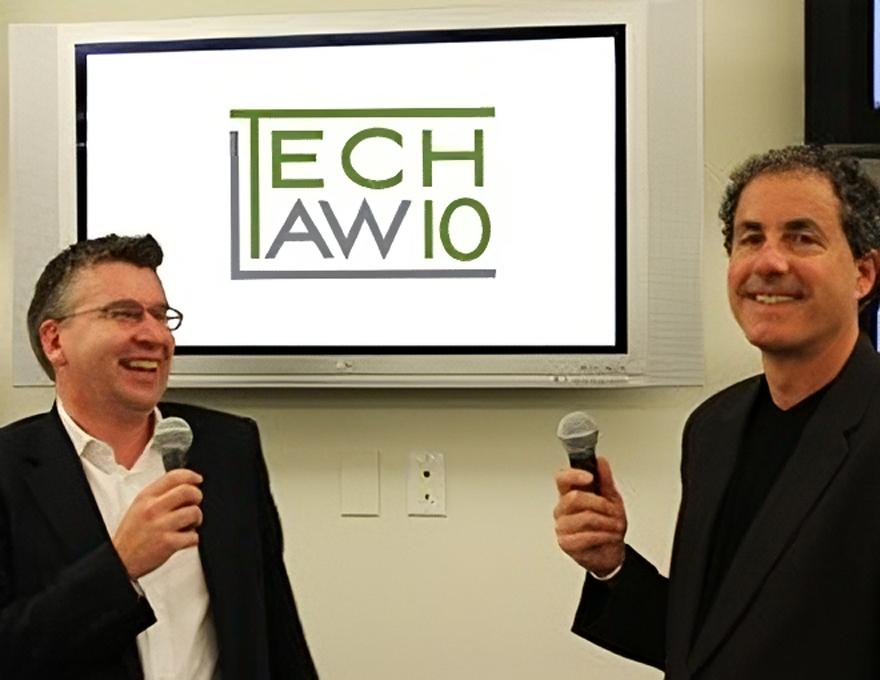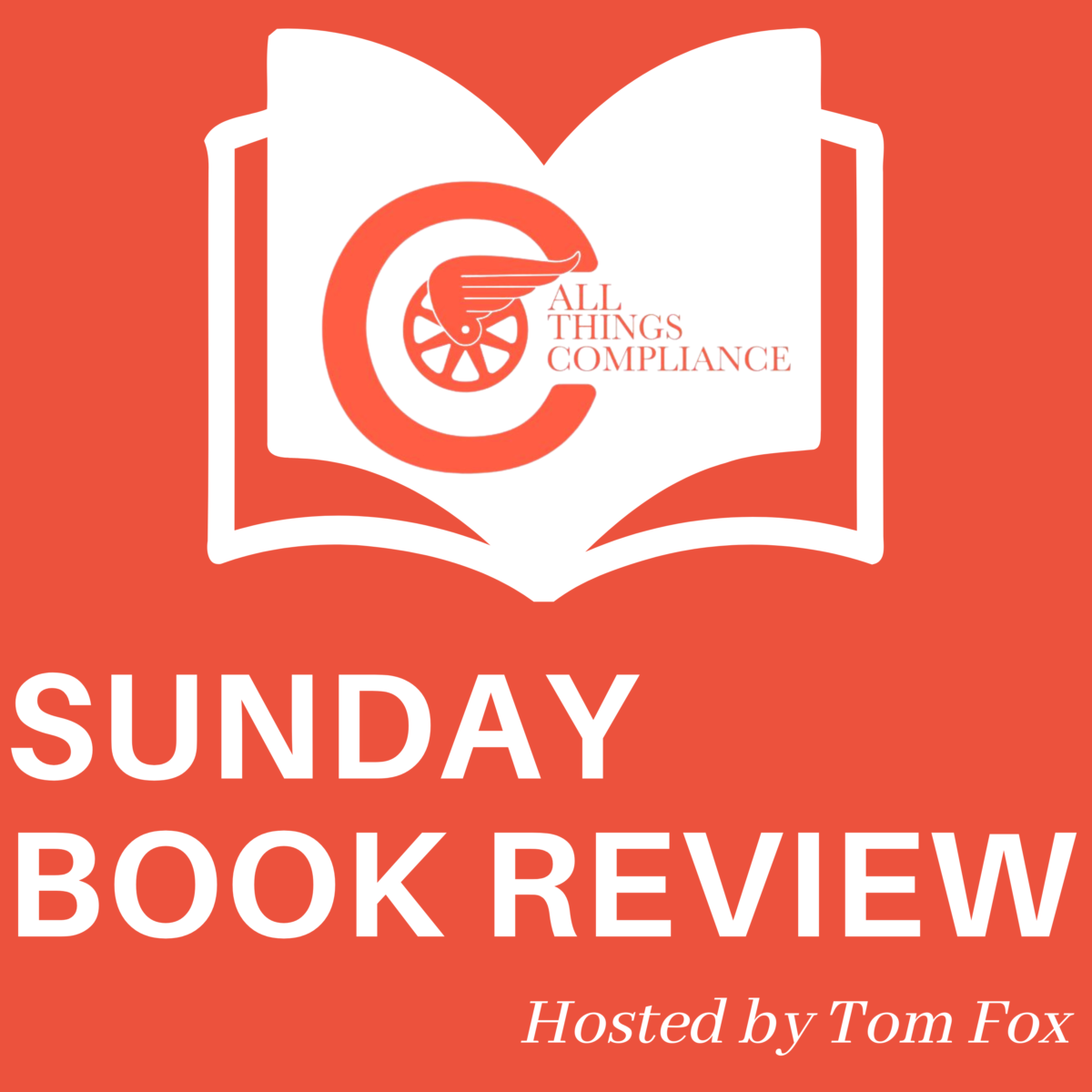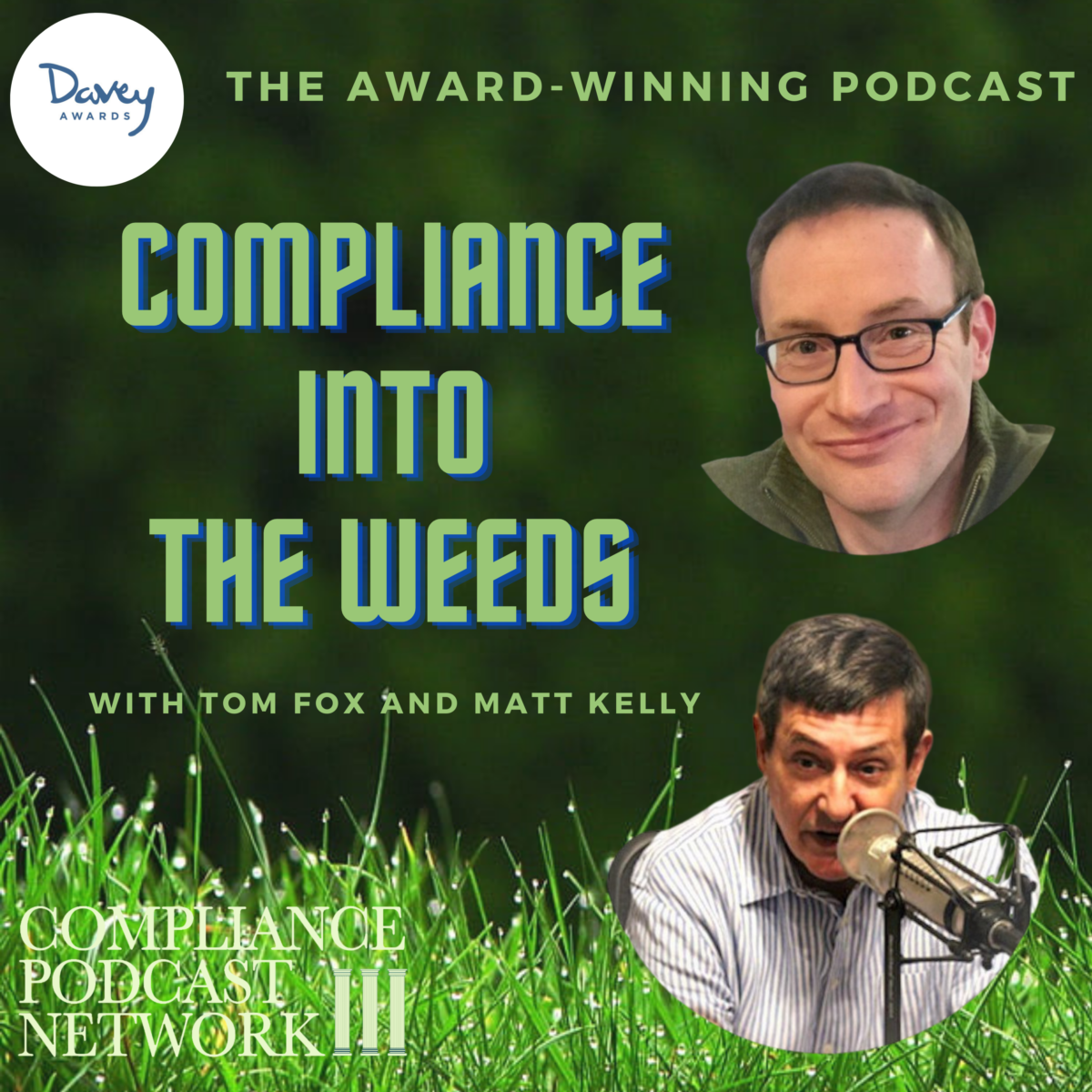There were recently two significant speeches by Department of Justice (DOJ) officials at the American Bar Association National Institute on White Collar Crime. The first was by Deputy Attorney General Lisa Monaco. The second was by Acting Assistant Attorney General Nicole Argentieri. They both had important remarks for the compliance professional. Over the next few blog posts, I will look at both speeches and what they might indicate for compliance and enforcing the Foreign Corrupt Practices Act. Today is the speech by DAG Lisa Monaco.
Self-Disclosure Initiatives
Monaco emphasized the importance of timely self-disclosure for companies to receive benefits under the Corporate Enforcement Policy. This tracks speeches made by DOJ officials over the past 18 months and the most significant enforcement actions over the past 15 months, ABB, Albemarle, SAP, and Gunvor. Monaco restated the incentives in place, “ I want to be clear: no matter how good a company’s cooperation, a resolution will always be more favorable with voluntary self-disclosure. We’ve structured our Voluntary Self Disclosure (VSD) programs to encourage companies to take responsibility for misconduct within their organizations. And we’ve conditioned benefits on the company’s willingness to step up and own up—requiring it to disgorge profits, upgrade compliance systems, and cooperate in investigations of culpable employees.”
Monaco also pointed to two separate US Attorney’s Offices, which have initiated their own self-disclosure programs. She stated, “At least two U.S. Attorney’s Offices — led by the Southern District of New York and recently the Northern District of California — are piloting initiatives that are, in essence, voluntary self-disclosure programs for individuals. Both offer non-prosecution agreements to certain categories of at-fault individuals who self-disclose wrongdoing and cooperate against other, more culpable targets. We look forward to evaluating the results of these pilots and determining what’s to come later this year.”
DOJ Whistleblower Program-Modern Day Wanted Posters
The next area is a new DOJ whistleblower initiative. The money line from her talk was, “Going back to the days of “Wanted” posters across the Old West, law enforcement has long offered rewards to coax tipsters out of the woodwork.” She added, “Today, we’re announcing a program to update how DOJ uses monetary rewards to strengthen our corporate enforcement efforts.” How will the DOJ incentivize this program? The short answer is money.
The DOJ has recognized that paying bounties is a surefire method to attract whistleblowers. She pointed to the examples of Dodd-Frank whistleblower programs at the SEC and the CFTC. She said, “Those agencies have received thousands of tips, paid out many hundreds of millions of dollars, and disgorged billions in ill-gotten gains from corporate bad actors.” There are other similar programs at different agencies and departments, such as the IRS and FinCen, as well as through qui tam actions. “These programs have proven indispensable — but they resemble a patchwork quilt that doesn’t cover the whole bed. They don’t address the full range of corporate and financial misconduct that the Department prosecutes.”
The DOJ will offer payments under four parameters:
- Only after all victims have been properly compensated;
- Only to those who submit truthful information not already known to the government;
- Only to those not involved in the criminal activity itself and
- Only in cases without an existing financial disclosure incentive — including qui tam or another federal whistleblower program.
Monaco also offered the types of areas the DOJ wants to focus its whistleblower initiative around:
- Criminal abuses of the U.S. financial system;
- Foreign corruption cases outside the jurisdiction of the SEC, including FCPA violations by non-issuers and violations of the recently enacted Foreign Extortion Prevention Act,
- Domestic corruption cases, especially involving illegal corporate payments to government officials.
The DOJ will engage in a 90-day “Policy Sprint” to develop and implement a pilot program, with a formal start date later this year. But the premise should be simple: ” If an individual helps DOJ discover significant corporate or financial misconduct—otherwise unknown to us—then the individual could qualify to receive a portion of the resulting forfeiture.”
Monaco ended with a message for whistleblowers and corporations: “With these announcements, our message to whistleblowers is clear: the Department of Justice wants to hear from you. And to those considering voluntary self-disclosure, our message is equally clear: knock on our door before we knock on yours. “
Justice AI
Recognizing that “all new technologies are a double-edged sword—but AI may be the sharpest blade yet,” Monaco announced that the DOJ would seek sentencing enhancements to increase penalties for criminals whose conduct uses or includes AI. She stated, “Where AI is deliberately misused to make a white-collar crime significantly more serious, our prosecutors will seek stiffer sentences—for individual and corporate defendants alike.”
She went on to add that “compliance officers should take note. When our prosecutors assess a company’s compliance program — as they do in all corporate resolutions — they consider how well the program mitigates its most significant risks. And for a growing number of businesses, that now includes the risk of misusing AI.” To assist compliance professionals with this new area of responsibility, she said that “assessment of disruptive technology risks — including risks associated with AI — into its guidance on Evaluation of Corporate Compliance Programs.”
Cliff Notes
For those old enough to know what Cliff Notes were, Monaco ended with the following:
First, we’re continuing to execute our core strategy: invest the most significant resources in the most serious cases, hold individuals accountable, and pursue tough penalties for repeat offenders.
Second, we’re using carrots and sticks to encourage companies to step up, own up, and report misconduct to the government. With a first-in-the-door strategy, we’re making it clear that neither companies nor individuals can afford to sit on evidence of wrongdoing.
Third, we’re designing our whistleblower rewards program as part of our broader effort to fill gaps and innovate in this space. Stay tuned.
And finally, we’re applying DOJ tools to new, disruptive technologies — like addressing the rise of AI through our existing sentencing guidelines and corporate enforcement programs.
Join me tomorrow as I look at Nicole Argentieri’s speech.













